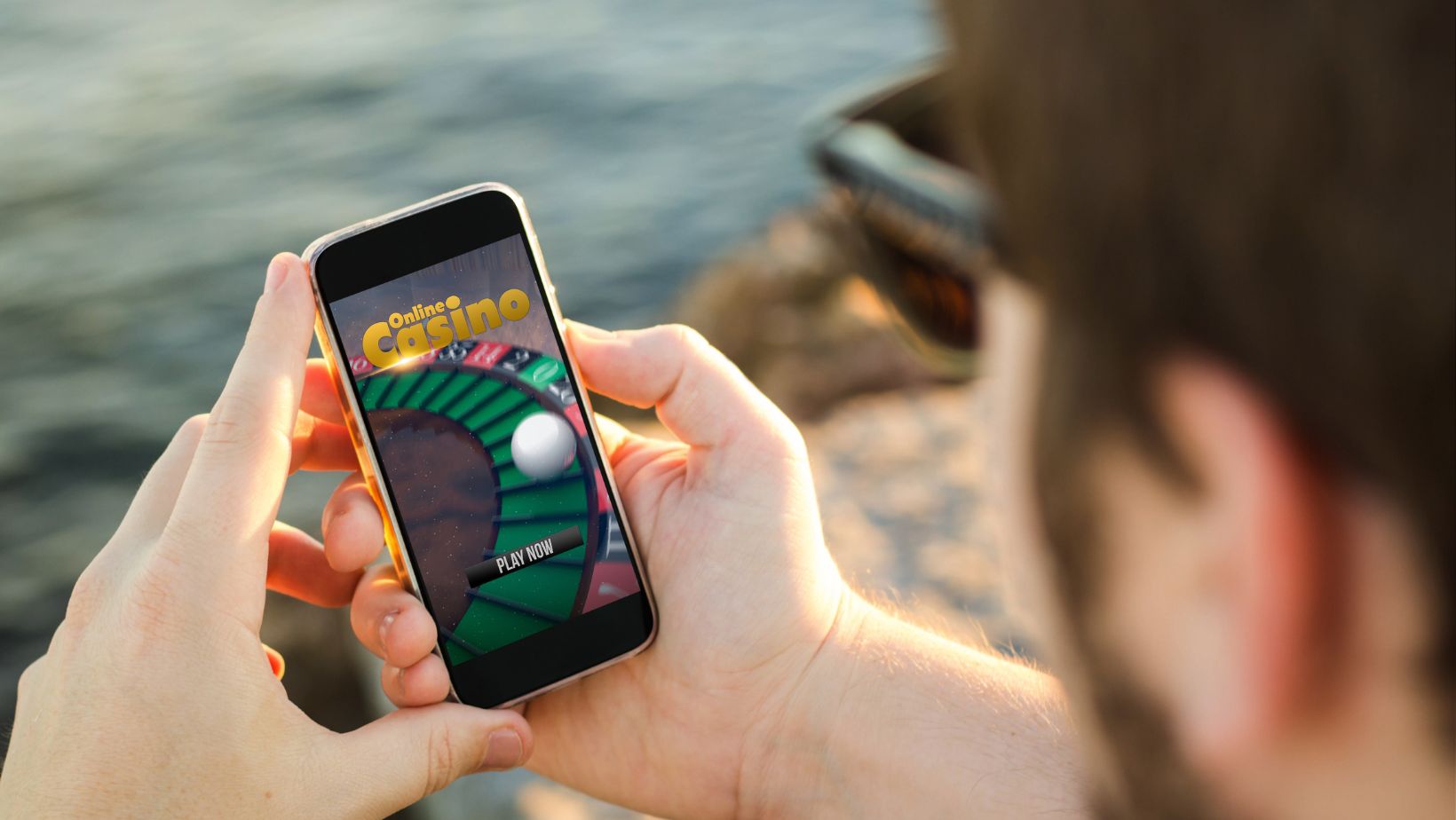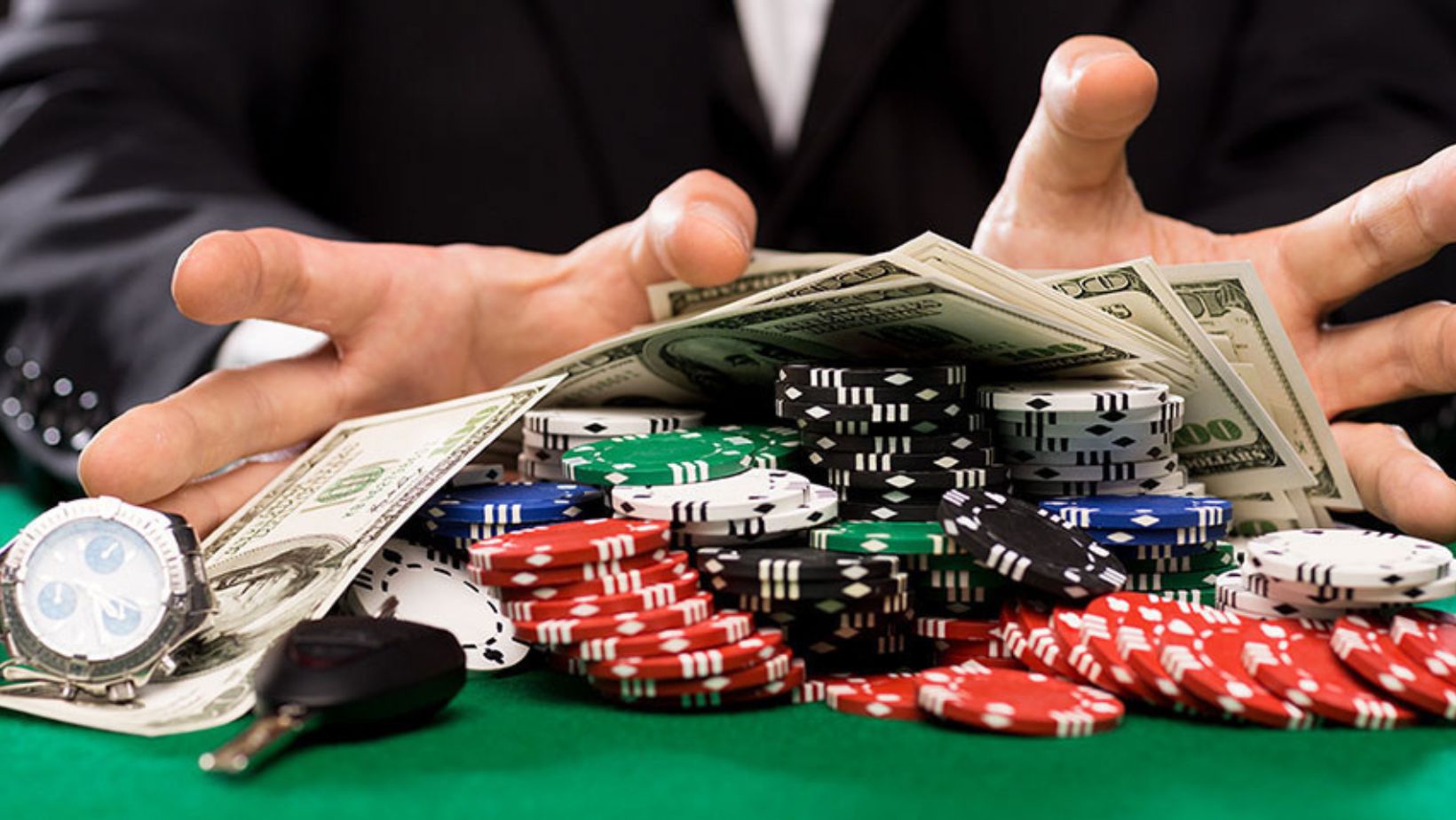
The lure of easy money and the thrill of risk draws millions to casinos and sportsbooks every year. However what starts as entertainment can soon spiral out of control into a serious gambling addiction.
In 2025 it’s easier than ever for Americans to gamble thanks to the rapid growth of online casinos, sports betting apps, daily fantasy sports and more. This increased access comes with real risks – studies show that as many as 2% of adults in the U.S. struggle with pathological gambling.
The good news? With determination and the right support, it is possible to overcome a gambling addiction and regain control of your finances, relationships and life.
Seek Professional Help for Your Gambling Addiction
The first step is admitting you have a problem and reaching out for professional support. Even with legitimate platforms like VegasNow Casino you can become addicted to gambling. Counseling helps you understand the root causes of your addiction, build self-awareness into gambling triggers, and develop healthier coping mechanisms.
There are trained therapists who specialize in gambling disorder treatment. They can equip you with cognitive behavioral techniques to stop harmful thought patterns leading to relapse. If the cost is prohibitive, free support groups like Gamblers Anonymous provide community-based peer support.
Ban Yourself from Gambling Sites and Venues
Once you commit to quitting gambling, immediately self-exclude from the problem environments enabling your addiction. Online, this means permanently closing betting accounts and blacklisting gambling sites using blocking software like Gamban. If you mainly gamble at physical casinos or sportsbooks, enroll in their self-exclusion program to ban yourself from the premises.
Removing access helps sever ties to triggers and harmful gambling routines. Ask a friend or family member to change passwords so you can’t undo these bans during moments of weakness.
Seek Healthy Replacement Habits and Hobbies
Boredom and free time can trigger the urge to gamble, especially when it’s become your main pastime. That’s why finding alternative healthy hobbies and habits to fill your schedule is so important when overcoming addiction.
Take up exercise like running or lifting weights, rediscover old hobbies you used to enjoy, spend more time with family who don’t gamble or consider adopting a pet to care for. Having go-to replacements makes it easier to avoid tempting high-risk situations during the initial recovery period.
Strengthen Your Support Network
Don’t try to tackle recovery alone – a strong support network is key. Make sure to inform close friends and family about your gambling addiction so they understand what you’re going through. Their emotional backing can give you strength during difficult moments.
You may also benefit from joining a peer support community of recovering gambling addicts. By sharing stories and relapse prevention tips, you realize you’re not alone in this struggle. Online forums on Reddit or Facebook groups are easy to access these days.
Avoid Other Addictive Substances
People struggling with compulsive gambling often turn to drugs, alcohol or nicotine to cope with the guilt, anxiety and pain of their addiction. But substituting one addiction for another leads down a dangerous road that severely hampers your recovery chances.
So make sure to avoid addictive substances altogether when quitting gambling. This gives you the best shot at implementing other positive life changes to overcome your addiction for good.
Address Underlying Mental Health Issues
In many cases, problem gambling goes hand in hand with underlying psychiatric disorders like depression, PTSD, ADHD or bipolar disorder. Self-medicating with gambling provides a distraction from uncomfortable emotions and mood swings caused by untreated mental illness.
Seeking therapy and medication to stabilize debilitating symptoms removes this incentive to gamble. Once any co-occurring disorders are under control, it gets easier to make rational choices and avoid relapse triggers.
Come Clean to Loved Ones About the Financial Damage
The shame and secrecy surrounding gambling addiction can isolate you from people who care. To rebuild broken relationships, you need honesty. This means coming clean about the debts, damaged credit and other financial havoc caused by your addiction.
Develop a repayment plan for people you owe money to. While the conversations won’t be easy, taking accountability is the only way to restore trust and get support during the healing process.
Reform How You Manage Money
Years of compulsive gambling often end with bankruptcy, foreclosures and other financial disasters destroying your net worth. That’s why adopting better money management habits is pivotal for maintaining recovery.
Start by speaking to a credit counseling agency that helps you organize finances, pay off debts and improve your credit score. Going forward, only use cash – cancel all credit cards to avoid accruing gambling debts. Automate monthly budgets so you track where every dollar goes.
Regaining control of your finances stops access to betting funds and reduces temptation triggers as you rebuild stability.
Reward Milestones and Have an Accountability Buddy
Finally conquering destructive gambling habits after years of suffering deserves recognition. Celebrate by rewarding major sobriety milestones like 30, 90 and 180 days gamble-free with something meaningful.
This positive reinforcement makes you feel proud of overcoming addiction. It also incentivizes sticking to your commitment. Equally helpful is choosing an accountability buddy – preferably someone in recovery too. Check in regularly about setbacks and wins. Knowing someone is invested in your progress increases motivation.
Accept Relapse as Part of the Process
A pivotal mindset shift is accepting occasional relapses and lapses in judgment as normal parts of addiction recovery. The reality is the chronic nature of disordered gambling means you’ll likely gamble again despite your best efforts.
When you slip up, avoid overwhelming shame and self-loathing. Instead, reflect on what triggered the urge and resolve to apply your coping strategies better next time. Each stumble holds valuable lessons for maintaining long-term sobriety. Over time, relapses become less frequent as you grow stronger.
How to Successfully Overcome Gambling Addiction
In 2025, gambling addiction remains a very real problem ruining millions of Americans’ financial, personal and professional lives every year. Thankfully, by implementing tested techniques focused on removing access, managing underlying issues, reforming finances, finding accountability and replacing gambling with healthy habits, overcoming this addiction can be accomplished.





